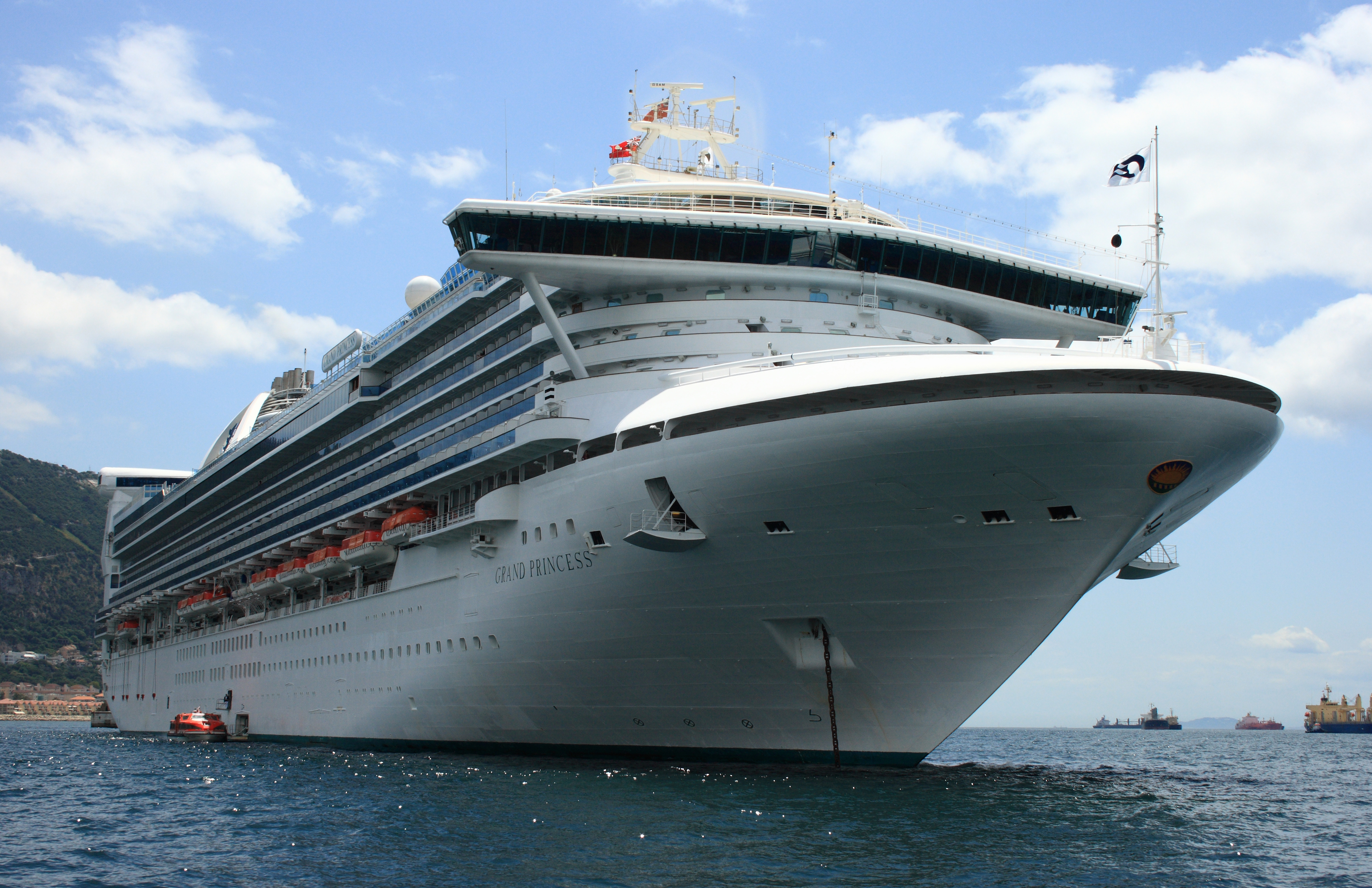Canada News
Cruise ship carrying 237 Canadians has reported 21 cases of COVID 19 so far

FILE: Princess Cruises’ Grand Princess in the Port of Gibraltar. (Photo by Chilli Head – Grand Princess in Gibraltar, CC BY 2.0)
A cruise ship carrying 237 Canadians that is being held in the waters off San Francisco has 21 confirmed cases of COVID-19.
Princess Cruises issued a statement late Friday saying the first phase of health screenings aboard the Grand Princess included 45 passengers and crew.
So far, two passengers and 19 crew members have tested positive for the novel coronavirus. The company did not disclose the nationalities of those infected.
There are 3,533 people aboard the ship, including 2,422 passengers and 1,111 crew from 54 countries.
“The ship’s doctor is in the process of informing the guests and crew of their individual results,” the statement said. “All guests and affected crew will remain isolated in their rooms.”
U.S. Vice-President Mike Pence later issued a statement from the White House saying American officials are planning to bring the ship to a “non-commercial port,” where all the passengers and crew will be tested.
Princess Cruises says it has yet to learn where the ships will be allowed to go, though it stressed that passengers will continue to be provided complimentary internet and telephone services.
As well, the company is collecting information from passengers regarding prescription refills
Three of Canada’s 54 confirmed or presumptive cases of COVID-19 were among passengers who were aboard the same ship from Feb. 11 to 21 during a cruise that began and ended in San Francisco.
The Public Health Agency of Canada has since been trying to find more than 260 Canadians who were on that cruise.
In Peel Region just west of Toronto, a couple who had been on the Grand Princess was diagnosed after returning home to Mississauga, Ont.
Peel Public Health is asking passengers in rows 18 to 22 on WestJet Flight 1199 on Feb. 28 to self-isolate, but says the risk of contracting COVID-19 remains low.
Meanwhile, Canadian health officials continue to stress that the risk posed by the novel coronavirus in this country remains low.
Chief public health officer Dr. Theresa Tam says most of the cases have been mild, and the patients are self isolating at home.
About seven people are in hospital, but she said that doesn’t necessarily mean they are severely ill.
Around the country, officials are prioritizing efforts to sanitize places where people gather in close quarters, such as planes, trains, subways and stadiums.
On the international front, the number of infected people worldwide exceeded 100,000 on Friday. The World Health Organization says most of the new cases had shifted from China to other countries.
The virus was first confirmed in China’s Hubei on Jan. 7. About 90 countries have since reported infections.
In Canada, Ontario has the highest number of cases at 28, and British Columbia is next at 21.
All of Ontario’s known patients had recently travelled outside the country or were in close contact with other patients who had.
In Toronto, health officials said a man in his 40s newly diagnosed with COVID-19 recently travelled to Las Vegas and used public transit in Toronto for several days before he was tested for the virus.
“We’re talking about low-risk situations,” Dr. Eileen de Villa, Toronto’s top public health doctor, told a briefing Friday.
Transit riders without COVID-19 symptoms do not need to seek medical help, de Villa said, unless they get a call from her unit.
Canada’s first apparent case of community transmission was reported in B.C. this week.
A Vancouver-area woman was diagnosed with COVID-19, even though she hadn’t travelled recently and had no known contact with anyone else diagnosed with the virus.
Quebec has two confirmed cases and one presumptive diagnosis that still has to be confirmed, while Alberta has reported two presumptive cases.
Meanwhile, Ottawa is increasing its funding for COVID-19 research by $20 million, Health Minister Patty Hajdu announced Friday.
One team of Canadian researchers received $1 million to develop a “lab-in-a-box” that could make it cheaper and faster to diagnose cases.
The goal is to create a kit that would fit into a container about twice the size of a standard moving box, which would include the diagnostics and hardware to perform 14,000 COVID-19 tests.
The World Health Organization has warned the virus could spread at a rapid rate in countries that don’t have the capability to detect it. The mobile lab could also be useful in remote communities or ports of entry.





















